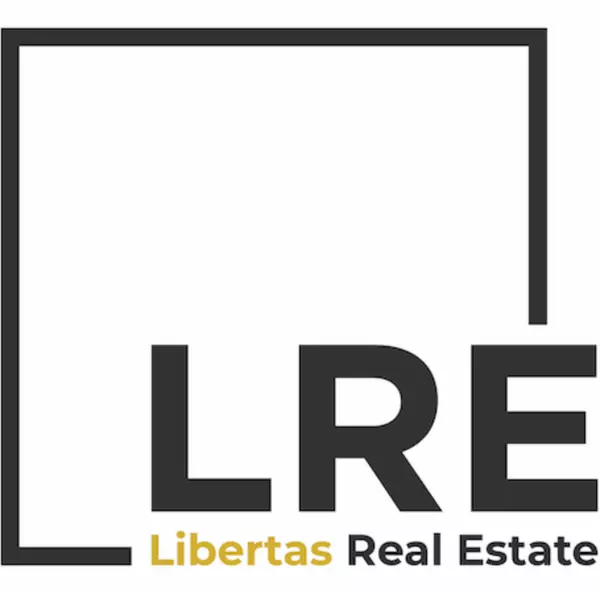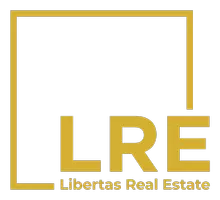Is there a better way to avoid reverse mortgage foreclosures?
Even with options in place to prevent them, reverse mortgages can end in foreclosure. But Byron Batres thinks his company can offer a solution to reduce these outcomes.
While more recent numbers aren’t available, a 2019 analysis by the Government Accountability Office (GAO) of Federal Housing Administration (FHA) data found that the share of Home Equity Conversion Mortgages (HECMs) that were terminated due to default rose from 2% in 2014 to 18% in 2018. The borrower’s death accounted for 30% to 40% of these defaults — and the number is likely higher as the reason for termination could not be determined in many cases.
Batres is the founder and CEO of Scrivnr, a 2-year-old company that aims to reduce the number of foreclosures across the forward and reverse mortgage spectrums. Batres recently spoke with HousingWire’s Reverse Mortgage Daily about the company’s efforts to raise awareness and generate more favorable outcomes for borrowers and mortgage companies.
This interview has been edited for length and clarity.
Neil Pierson: Tell us about your background before founding Scrivnr.
Byron Batres: I’m a certified financial planner. I would do estate planning for high net worth individuals. I was never the administrator, executor or trustee. As a planner, we typically come up with a strategy, and we use attorneys to actually draft the documents.
In 2012, my wife’s grandmother passed away, and I was nominated as the executor. And as anybody that’s been in that role can attest, it’s one of the worst things that can happen to you. When you are the administrator, trustee, you’re never asked your opinion when the document is being drafted. Whatever it says, you have to execute.
Long story short, I had a really bad experience with the attorney, so I probated that estate on my own and managed the entire process without an attorney. I would say I was an expert in the field, so it was very easy for me to do.
Along the way, I had people who were my clients and they would die. Their family would come to me, like, ‘Hey, mom died. What I do?’ And that’s when the idea first hit me, why don’t we create a system to help people do this on their own without an attorney?
NP: Your first company, EZ-Probate, was acquired by Trust & Will in 2022. How did Scrivnr evolve from that initial foray into the space?
BB: EZ-Probate was kind of like TurboTax for probate. Highly successful — we helped over 5,000 families save over $45 million in legal fees. Along the way is the first time I ever encountered a foreclosure due to death. I figured out a way to do an emergency petition to get a temporary restraining order, and then the client was able to sell the house.
From our vantage point, it seemed like the legal system, the family and the mortgage — although you could argue they have the same goal — are really working against each other. And we thought probate, not foreclosure, was the solution. With probate, you maximize the estate assets, which means that you clear creditors, you clear administrative expenses and you give the maximum proceeds to the family.
NP: Many of your cases involve forward mortgages, but how does this specifically relate to reverse mortgages?
BB: The ideal estate is somebody with a reverse mortgage has — at minimum — a will, a trust or some kind of transfer-on-death deed, so that at the moment they die, somebody is relatively quickly and easily appointed in charge of the house. With the ideal estate, you never get to a foreclosure.
With a reverse mortgage, you have 90 days before the default is declared. Then you have 90 days before the servicer is going to do something. If they do something, there will be a hearing — another 90 days. Once the hearing happens, there will be a sale date — another 90 days. So, start to finish, death to sale, the fastest the process could be is 280 days. In the marketplace, we see it typically takes about two years.
Yes, with us, it costs more. We charge a $2,000 flat fee to pay for the probate startup costs and attorneys fees. And then we charge 20% on what we advance to stop a foreclosure. For example, if we stop a foreclosure for $50,000 and pay off the arrears, the estate owes us $60,000. But without us, the whole thing would’ve gone to auction. In that particular case, paying $12,000 to save $100,000 or more is kind of a no-brainer.
For the mortgage company, we can typically resolve a mortgage that’s due and payable in about 60 days compared to the typical two years. Our cost is virtually zero if there’s equity for the mortgage servicer, compared to an average of $77,000 for the typical start-to-finish foreclosure.
NP: On LinkedIn, you’ve been seeking connections to the FHA and the U.S. Department of Housing and Urban Development (HUD), who insure the vast majority of reverse mortgages in this county. What do you hope to achieve by getting their attention?
BB: We’ve been talking to mortgage lenders, servicers, trustees who are hired to do the foreclosures. I wouldn’t say they’re afraid, but they have a concern about regulation.
Our thought with HUD is, could we start talking to the source? As the government, if the mortgage fails, they pay. They want this to work better, so I think we could push for a better regulatory environment to encourage non-foreclosure measures to at least be considered, or to be considered more standard.
A lot of mortgage companies don’t think they have a problem. The servicer isn’t on the hook. I just don’t think they have the incentive to really deal with this problem as holistically as possible, because otherwise it would already have happened.
NP: You’ll be presenting on this topic next month at the National Reverse Mortgage Lenders Association (NRMLA)’s Annual Meeting in Minneapolis. What do you want originators and servicers to learn?
BB: We offer estate planning through our partners and we are having active conversations with lenders to say, ‘Hey, what do you think about packaging a will or trust as part of the origination?’ So that’s part one.
Part two is the servicers. We have talked to the largest servicers, we know who they are, and they’re very interested in working with us because their clients — the originators — are kind of pressuring them to be like, ‘You’ve got to do better.’
What I’ve heard consistently is, the cycle gets broken in being able to sell new mortgages. We were at the NRMLA Western Regional Meeting earlier this year. We went to one of those mastermind sessions and we heard all the salespeople talk about the challenges of selling a reverse mortgage. And one of them was the perception among family members of somebody with a reverse mortgage of, ‘Nope, they don’t want to touch it.’
New sales need to be created through a better sales environment. And avoiding a foreclosure not only saves so much money, but it creates a better environment for the heirs to be like, ‘Oh, that was awesome. Do you remember when grandma was able to stay in her house? She died gracefully at home and the process was relatively easy afterward because the mortgage company introduced us to the solution.’ So I think that’s the goal.
Categories
Recent Posts









GET MORE INFORMATION

